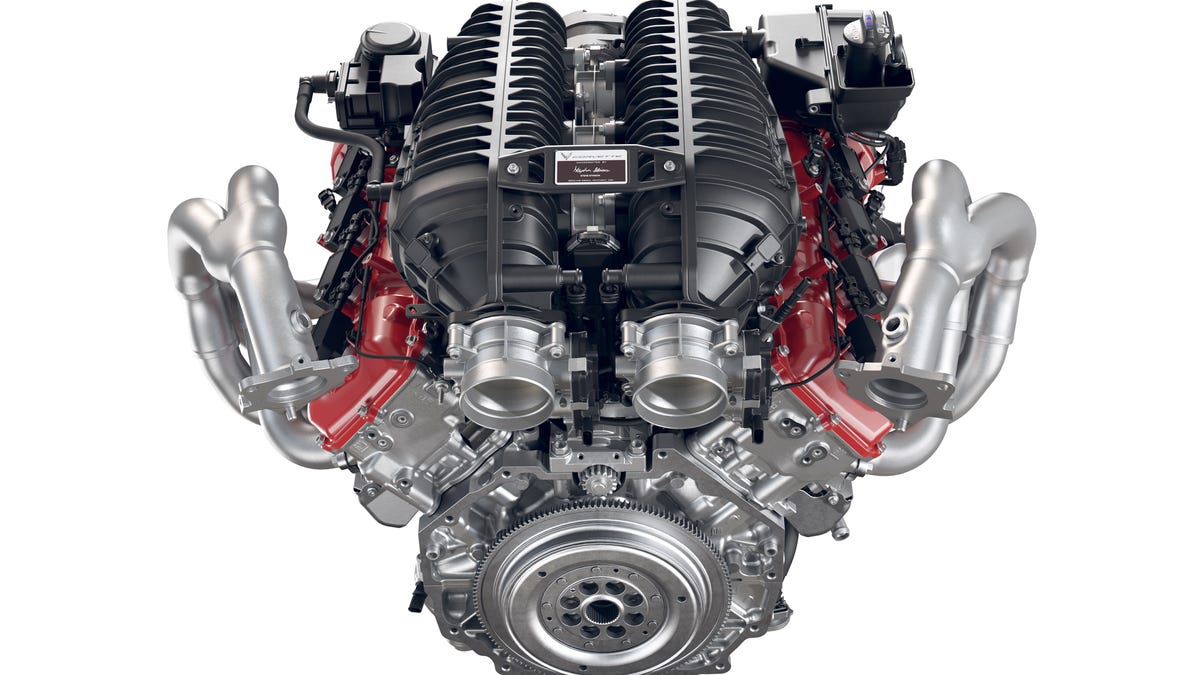German Transport Minister Not a Fan of Combustion Engine Bans
Volker Wissing had some interesting things to say about proposed legislation from the European Commission.
In a push to go carbon-neutral by 2050, proposed legislation from the European Commission would, among other things, ban the sale of new combustion-powered vehicles by 2035. In theory, this sounds like a great way of reducing emissions, but not everyone is convinced, including industrial powerhouse Germany, the EU's most populous member state.
As reported by our frenemies at Motor1, the European nation's minister of transport, Volker Wissing, said, "We want to allow combustion engines even after 2035." This sounds like a significant step in the wrong direction, but there is a major asterisk attached to Wissing's statement. The minister also said this would be permitted "only if the cars can be powered exclusively with synthetic fuels."
Wissing suggested the EU remain "technologically neutral" when it comes to vehicle propulsion. He also argued that hydrogen and electric vehicles shouldn't be the only path forward. These solutions may be ideal in the future, but intermediate solutions are needed between then and now.
Porsche's eFuel could help clean up today's fleet of internal combustion-powered vehicles.
If properly implemented, carbon-neutral liquid fuels, such as Porsche's intriguing eFuel, could be a climate game-changer. Manmade fuels that are compatible with existing vehicles could allow older cars and trucks , including classic models, to be operated without damaging the environment, ditto for new combustion-powered vehicles. In this way, synthetic fuels are a stepping stone from where we're at today to a much cleaner future.
All this dovetails nicely with Porsche's eFuel strategy. The fabled sports car manufacturer is pursuing this technology as a way of complimenting its all-electric offerings, which currently includes the Taycan. eFuel is a drop-in replacement for conventional gasoline, meaning it burns exactly like the stuff derived from petroleum but it has nowhere near the same impact on the environment.
It will be interesting to see how all this shakes out. Will the EU end up banning the sale of new combustion-powered vehicles? Will synthetic fuels allow drivers to have their cake and eat it, too? All we can do right now is wait and see what happens.


